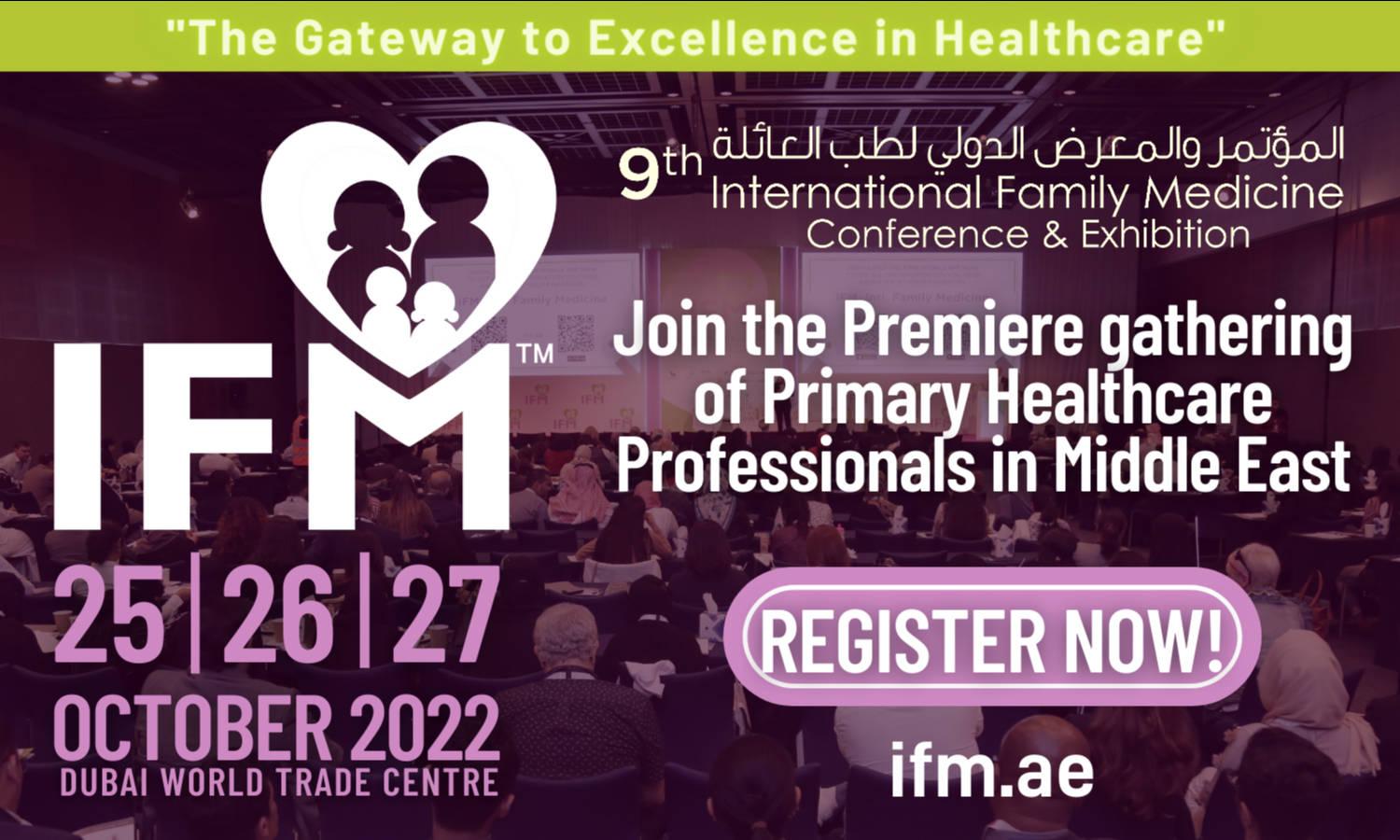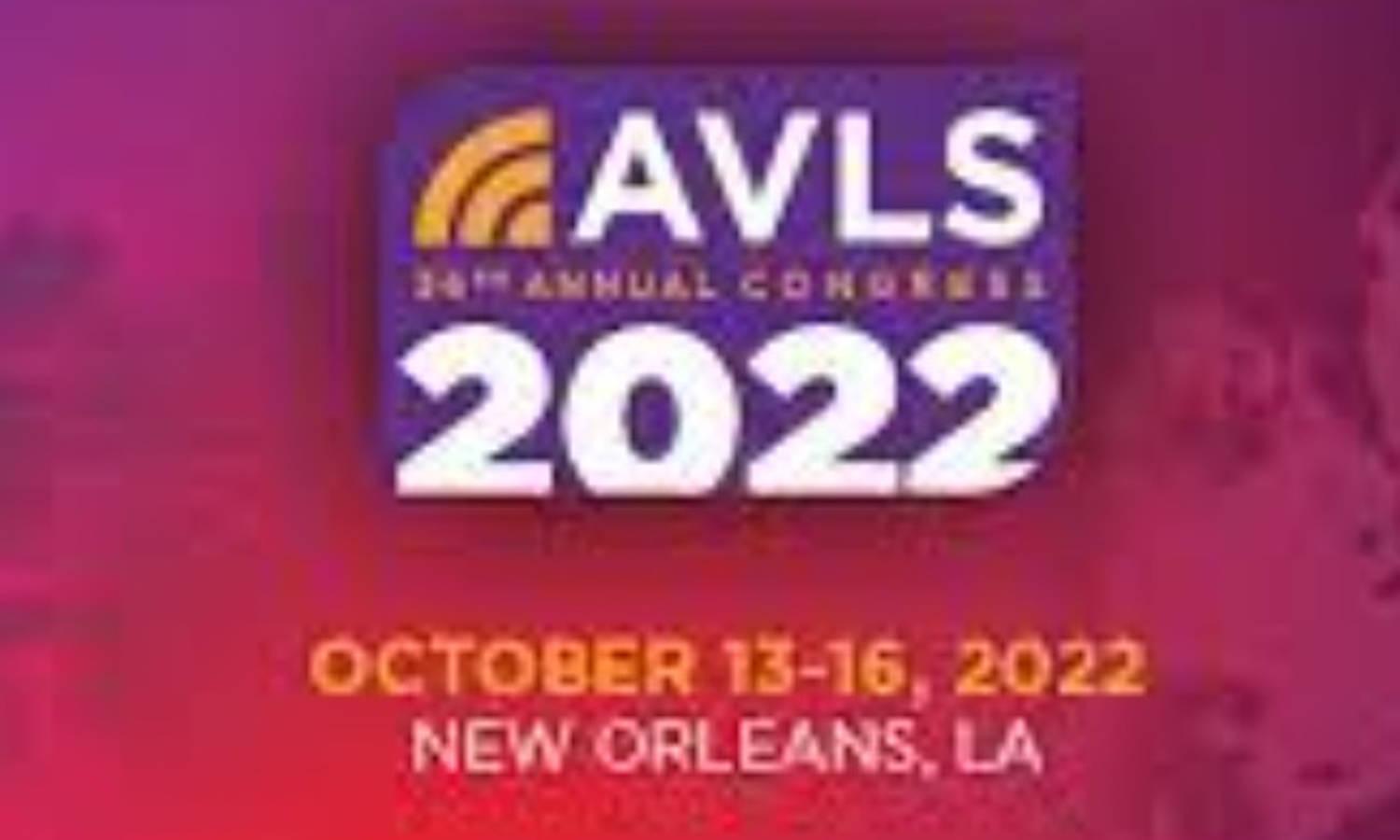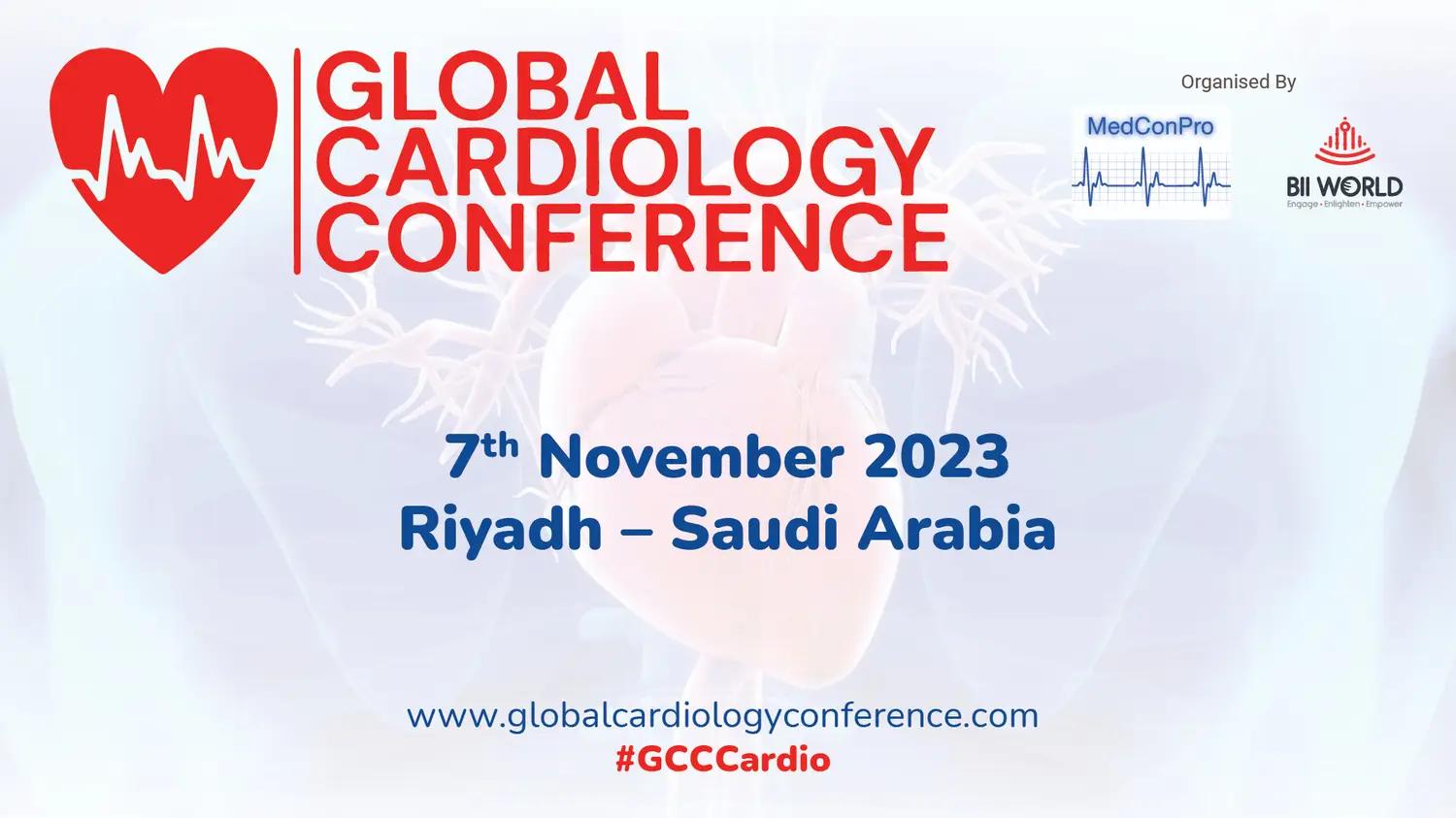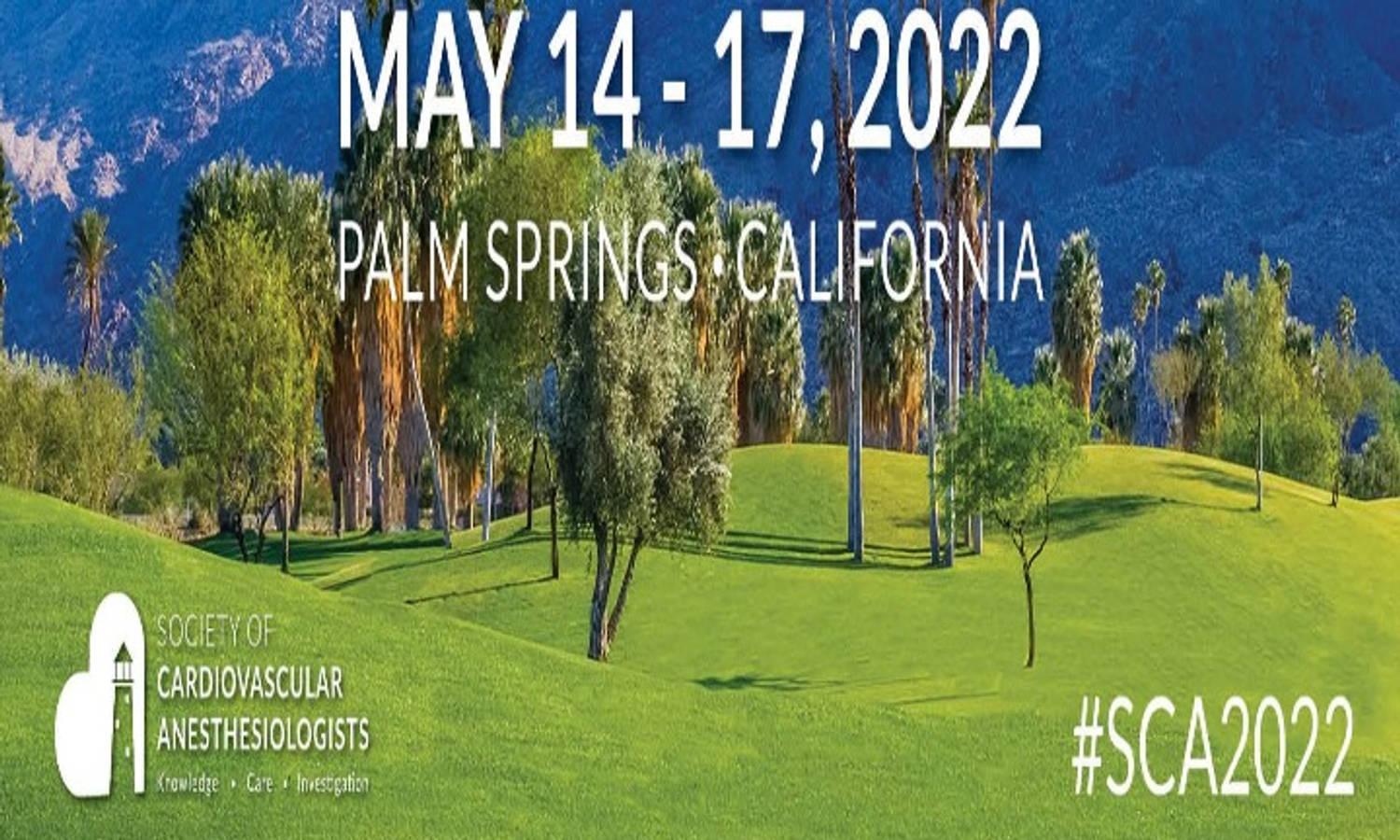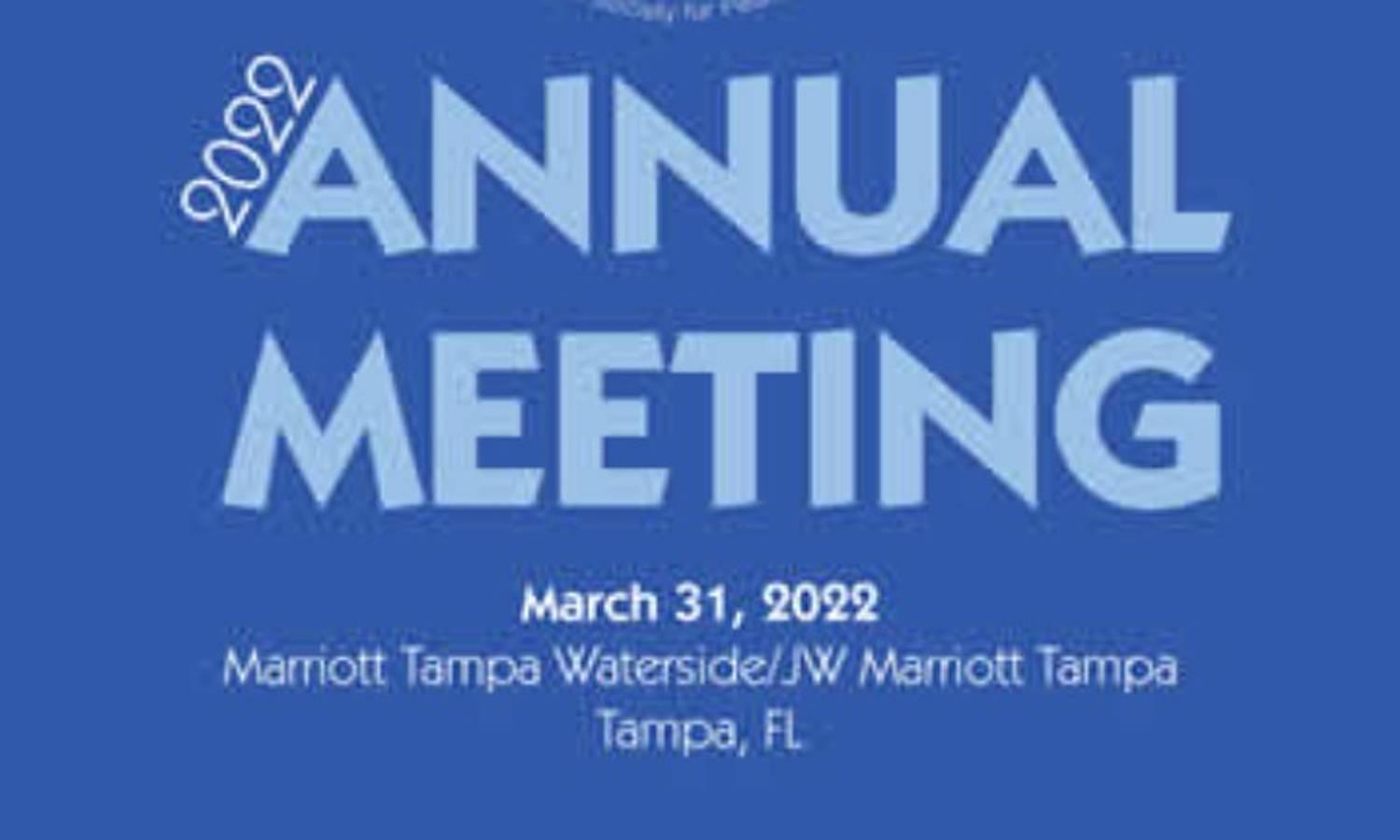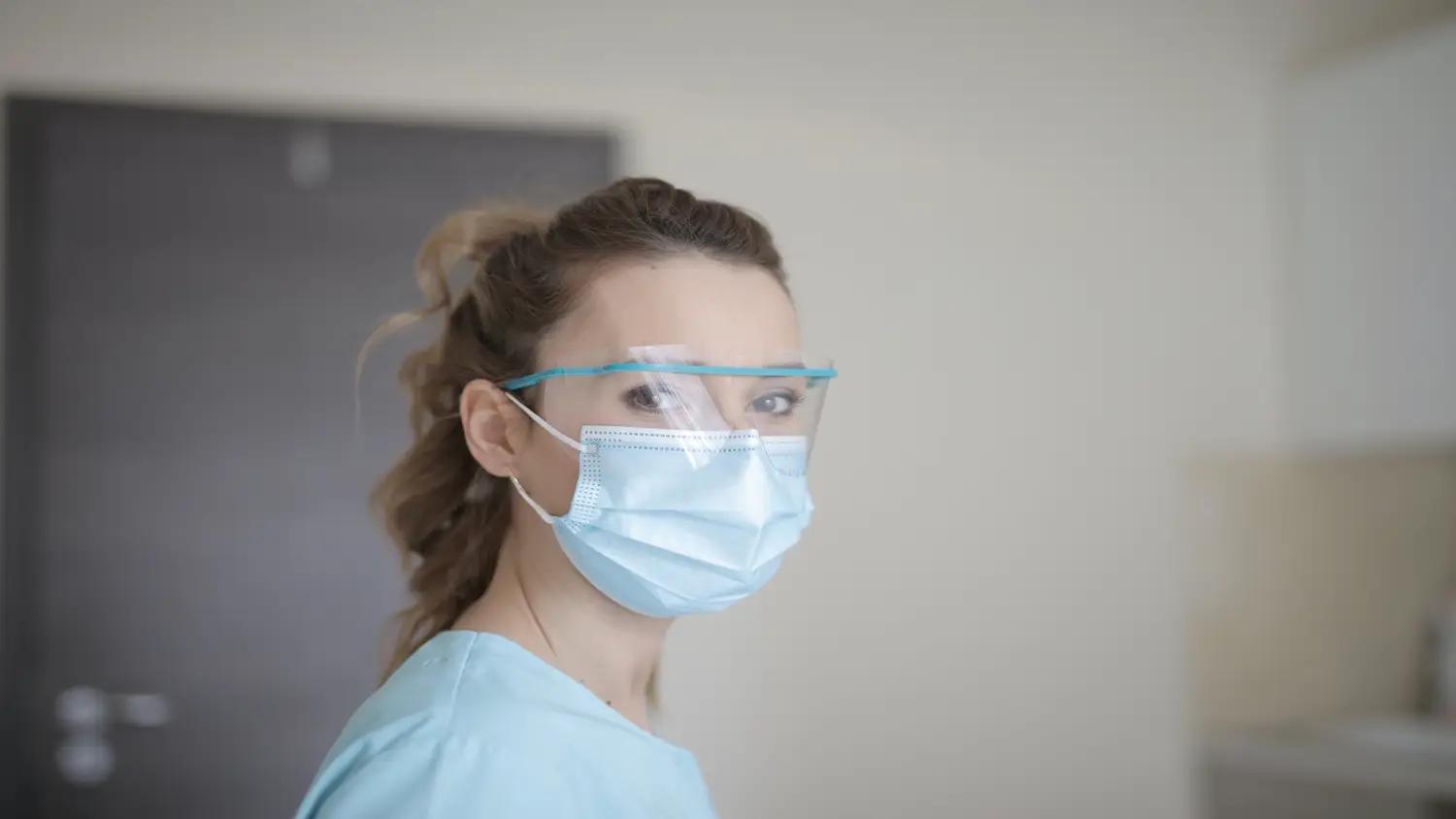
Topics in Cardiology and Cardiorespiratory/Renal Physiology and Medicine 2021
English
Conferences
Royal Caribbean's Oasis of the Seas, 7-Night Western Caribbean & Perfect Day Cococay, Fort Lauderdale, Florida, United States of America, Fort Lauderdale, FL, USA, Fort Lauderdale, Florida, United States. directions
hosted by Continuing Education, Inc.
hosted by Continuing Education, Inc.
13 Feb, 2021
20 Feb, 2021
10:00 PM-10:00 PM
category
Medicine
Cardiology, Renal Medicine Disease and Hypertension
price
$895
Topics in Cardiology and Cardiorespiratory/Renal Physiology and Medicine is organized by Continuing Education, Inc and will be held from Feb 14 - 21, 2021 at Royal Caribbean's Oasis of the Seas, Fort Lauderdale, Florida, United States of America.
Target Audience:Physicians, Physician Assistants, Nurses, Nurse Practitioners, Pharmacists
Accreditation:• 14 AMA PRA Category 1 Credits™• 14 ACPE Credits• 14.0 Contact Hours
Program Purpose:One purpose of the Merrill lectures is to refresh the learner's knowledge of basic cardiovascular, respiratory and renal physiology. An additional purpose is to expose the learner to new, experimental -research-based physiology. For example, one outcome of these lectures is to help the learner provide patients with a better understanding of basic physiology and how it relates to medicine (e.g. the generation and conduction of cardiac action potentials can lead to rhythm disturbances; how can a healthy lifestyle reduce this potential).
Another outcome is to provide learners with new information. Relaying such information to patients might help them make better choices in achieving healthier lifestyles. For example, caffeine impairs the regulation of peripheral blood flow, i.e. caffeine attenuates reactive hyperemia, pressure-flow autoregulation, and active hyperemia. Other research has previously shown that caffeine impairs cerebral and coronary circulation. Knowing these things might encourage patients to reduce their consumption of caffeinated beverages.
Topics:• Cardiac conduction system ○ As a result of this activity, participants should be able to describe the origination and conduction of cardiac action potentials and how disturbances might lead to arrhythmias.• Blood flow and it's regulation ○ As a result of this activity, participants should be able to understand the differences between local or organ/tissue blood flow and its regulation vs cardiac output and its control.• Renal structure and function ○ As a result of this activity, participants should be able to better understand renal structure and function. For example, they will be able to separate the structure of the juxtaglomerular apparatus from the physiology of GFR.• Respiratory exchange, transport, and regulation ○ As a result of this activity, participants should be able to not only improve their understanding of the exchange, transport, and regulation of respiratory gases but also their understanding of respiration/ventilation in general.• Acetaminophen and cardioprotection ○ As a result of this activity, participants should be able to expand their knowledge of the pharmacological/physiological actions of acetaminophen. They will learn about its cardioprotective properties in this lecture.• Acetaminophen and cerebroprotection ○ As a result of this activity, participants should be able to expand their knowledge of acetaminophen and cardioprotection to acetaminophen and stroke.• Caffeine impairs cardiovascular function ○ As a result of this activity, participants should be more informed about the detrimental effects of consuming caffeine on a regular basis (e.g. drinking coffee several times each day).
2 Speaking
Gary F. Merrill
Cell and Developmental Biology
Merrill A. Krolick
Cardiology
1 Attending
Robin Garland
Cardiology

